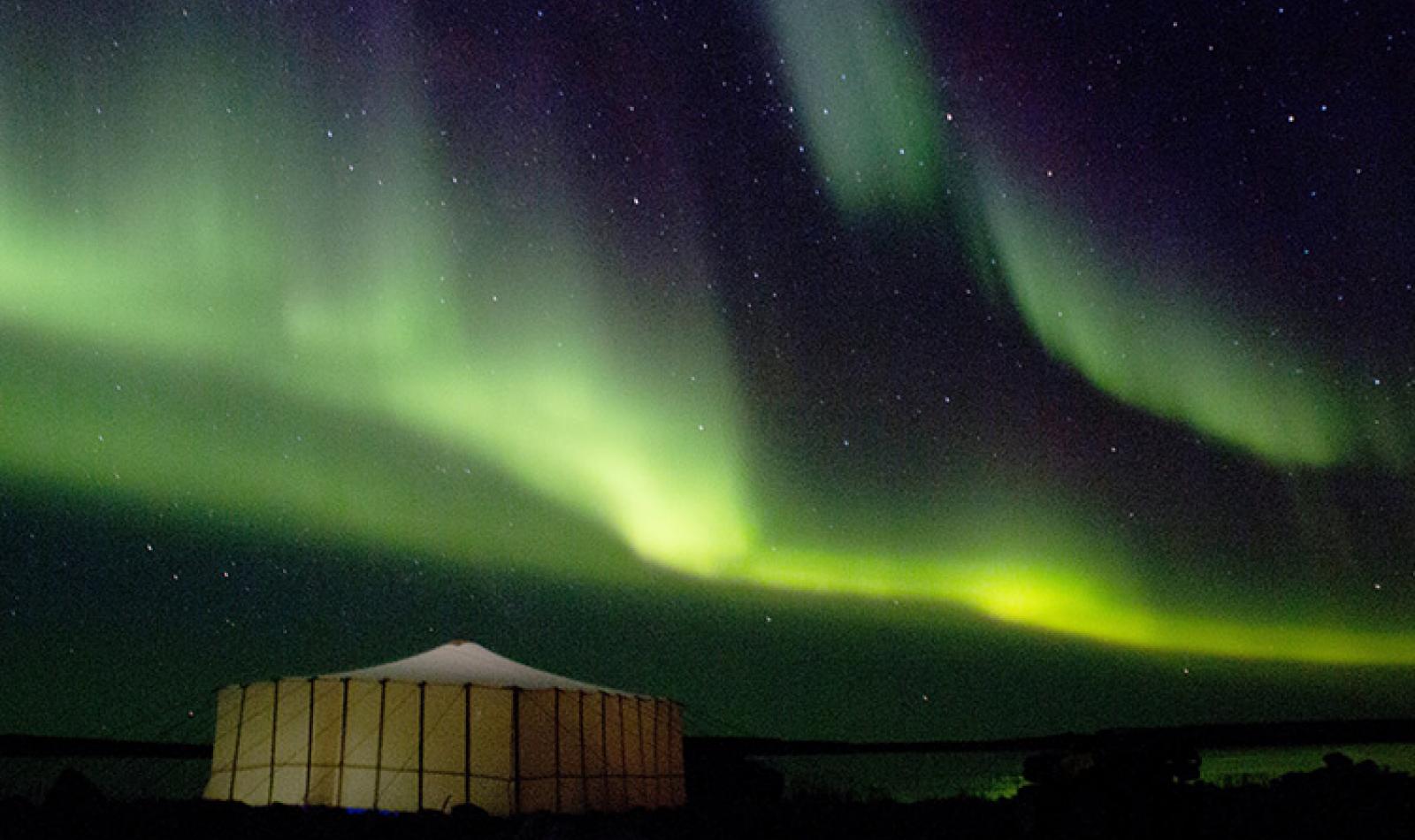MOOC | Northern Quebec: Issues, Spaces And Cultures
Please note: the information below is for the French edition offered in the winter of 2026.
This MOOC is an initiative of the Institut nordique du Québec (INQ).
This course offers an introduction to sociopolitical issues of Northern Quebec that is the ancestral territory of many Indigenous peoples. This course focuses on the understanding of northern community cultures, the place of these lands in our collective psyche, and the different perspectives of territorial development and sociopolitical evolution
This course is for anyone who has an interest in Northern Quebec and who wishes to learn about this territory, its history, societies and challenges.
Click here to view the introductory video.
Information
Duration: 7 weeks
Work required: 4 hours/week
Registration: until March 6, 2026
Syllabus
Module 1: Thinking the North: Between Imagination and Science
Module 2: Territory and Human Occupation
Module 3: Indigenous Peoples of the North: From Alliances to Subordination
Module 4: Ancestral Lands vs Resource Regions
Module 5: Identities, Cultures and Governance
Module 6: Northern Political Economy
Module 7: Which Development for the North
Teacher
Thierry Rodon, Ph. D.
 Thierry Rodon is a Professor in the Department of Political Science at Université Laval and holder of the INQ Research Chair on Sustainable Development in the North. He is interested in indigenous policies and heads the MinErAL Research Network, an international network funded by the Social Sciences and Humanities Research Council of Canada. This network is interested in the relationships between mining companies and indigenous communities in Canada, Scandinavia, Australia and New Caledonia.
Thierry Rodon is a Professor in the Department of Political Science at Université Laval and holder of the INQ Research Chair on Sustainable Development in the North. He is interested in indigenous policies and heads the MinErAL Research Network, an international network funded by the Social Sciences and Humanities Research Council of Canada. This network is interested in the relationships between mining companies and indigenous communities in Canada, Scandinavia, Australia and New Caledonia.
Back to training


